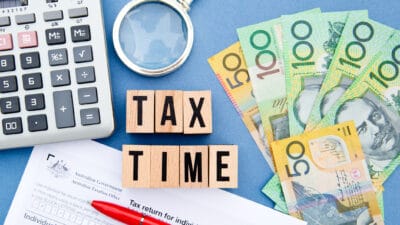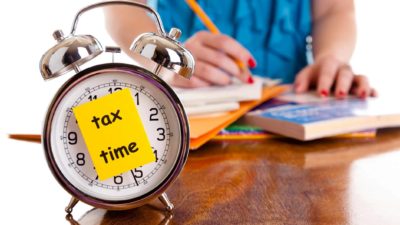If you think you're ready to start investing in shares then that's great. Shares have been growing people's wealth for a very long time, so you should want to get in on that growth.
But I think there are a few key things that need to be ticked off before taking the investing plunge:
You understand that shares have generated excellent long-term returns
The best performing asset over the long-term has been shares. History tells us that US shares and ASX shares have both returned a long-term average of around 10% per annum over the decades.
Using Moneysmart's compound interest calculator, we can calculate that $10,000 turns into almost $26,000 after 10 years if it compounds at 10% per annum.
Shares can create excellent compound returns because there's two levels of compound growth. Many businesses retain some of their profits to re-invest for more growth. We can also choose to re-invest the dividends paid to us for more shares. It's a powerful combination.
It's the compounding profit growth that has seen companies like CSL Limited (ASX: CSL), Amcor Plc (ASX: AMC), Goodman Group (ASX: GMG) and Wesfarmers Ltd (ASX: WES) become such large businesses.
You know that some months and years are going to be very volatile
Shares have returned an average return of 10% per annum over the long run. But in some years the share market might gain 30% and in other years it could fall 20%. I think it's important to remember that the share market is meant to be volatile. There are always different buyers and sellers in the market who are trading for different reasons.
Newspaper headlines try to make the share market seem as scary as possible, "Share market loses $40 billion in one day wipe-out" or something like that. Reporting the slow-and-steady climb of the share market over the long-term isn't quite as exciting to readers.
You have a bit of cash on the side
Investing in the share market is not a short-term thing. If you need the capital in a year or two it might be best just to save the cash in the bank. Shares could fall in value just when you need to sell.
I think it would be wise to have some cash on the side for any immediate purposes like an emergency. How much cash should you hold? That's up to you, but I think a bare minimum should be $1,000.
Foolish takeaway
If you're aware of what's likely to happen with the share market over the long-term and you have a bit of cash on the side for a rainy day, then I think you're in a good place to start investing.







